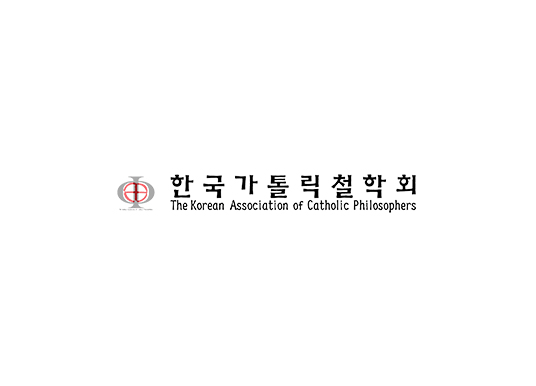야코비의 멘델스존 비판과 인격 신의 문제-스피노자 논쟁의 두 번째 국면을 중심으로-
Jacobi’s Critique on Mendelssohn and Problem of the Personal God in the second phase of the Debate on Spinoza
남기호
연세대학교
가톨릭철학
2022, vol., no.38, pp. 81-132 (52 pages)
한국가톨릭철학회
1. 서론: 논쟁 배경
2. 무한자와 유한자
3. 이성의 자유와 공중제비(Salto mortale)
4. 정화된 스피노자주의와 참된 철학
5. 맺음말: 숨겨진 내막과 인격 신
초록
독일 고전철학 시기 전반에 강력한 영향을 끼쳤던 스피노자 논쟁은 야코비의 레싱과의 대화, 멘델스존과의 서신 교류, 동시대인들의 후속 논쟁의 세 국면으로 전개되었다. 이 글은 그 논쟁의 두번째 국면에서 멘델스존이 제기한 쟁점에 대한 야코비의 비판을집중 조명한다.
먼저 멘델스존은 스피노자의 유일 실체가 그 주요 속성들 중 하나로 사고들(Gedanken)을 지니기에, 개별 사고들이나 지성도 지닐수밖에 없다고 항변한다. 그러나 야코비가 보기에 멘델스존은 스피노자의 능산적 자연으로서의 실체와 그 속성 그리고 소산적 자연으로서의 양태를 제대로 구분하지 못했기에 스피노자의 무한자가 지성과 의지 및 개별 사고들을 지니지 않는 측면을 간과한다.
그리고 이 때문에 멘델스존은 스피노자의 자유를 무한자의 필연적지성에 따른 의도를 지닌 선택으로 이해한다. 그러나 야코비에 따르면 어떠한 지성이나 의지도 지니지 않는 스피노자의 무한 실체와 그 속성들 그리고 양태들의 관계는 작용인의 필연적 계열로서만 설명될 수 있으며 여기에는 필연적 인식의 사슬을 단적으로 넘어서는 공중제비와 같은 진정한 의미의 자유가 불가능하다. 끝으로 레싱이 세계 외부의 신을 인정하는 정화된 스피노자주의자였기에 기존 종교와 도덕에 무해한 입장이었다는 멘델스존의 항변은계시종교와 이성종교 모두를 인정하면서도 그 독단적 측면을 비판하고자 했던 레싱의 참된 철학적 태도를 오해한 것이다.
아울러 야코비는 이성적 학문의 정점에서 설명 불가능한 것이있다는 점을 보여준 측면에서 스피노자의 공로를 인정하며 스피노자의 실체에서도 포착될 수 있는 존재감에 따라 진정 자유롭게 행위하는 인간이야말로 인격 신과 만날 수 있음을 강조한다.
The Debate on Spinoza, which had a strong influence throughout the period of classical German philosophy, developed into three phases: Jacobi’s dialogue with Lessing, correspondence with Mendelssohn, and subsequent debates among his contemporaries. This article highlights Jacobi’s critique of the issues raised by Mendelssohn in the second phase of the debate.
First, Mendelssohn argues that since Spinoza’s unique substance has thoughts (Gedanken) as one of its main properties, it must also have individual thoughts and intelligence. However, in Jacobi’s view, Mendelssohn did not properly distinguish between substance and attributes as natura naturans and modes as natura naturata, so he overlooks the aspect that the Infinite of Spinoza does not have intellect, will, and individual thoughts. And for this reason Mendelssohn understands Spinoza’s freedom as a intentional choice according to the necessary intellect of the Infinite. However, according to Jacobi, the relationship between the infinite substance of Spinoza, which possesses no intellect or will, with its attributes, and modes can be explained as a necessary series of causa efficiens, in which the genuine freedom such as Salto mortale transcending the chain of necessary knowledge is impossible. Finally, Mendelssohn’s plea that Lessing was a purified Spinozist who acknowledged a god outside the world, so that it was harmless to existent religions and morals, misunderstood Lessing’s true philosophical attitude, which recognized both revelation- and reason-religion while criticizing its dogmatic aspects.
In addition, Jacobi acknowledges Spinoza’s contribution to show that there are unexplainables at the peak of rational science, and emphasizes that only human beings who act freely according to the le sentiment de l’être, which can be captured in Spinoza’s substance, is able to meet the personal god.

